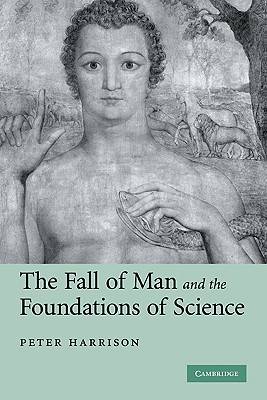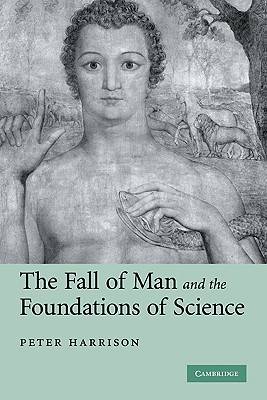
Je cadeautjes zeker op tijd in huis hebben voor de feestdagen? Kom langs in onze winkels en vind het perfecte geschenk!
- Afhalen na 1 uur in een winkel met voorraad
- Gratis thuislevering in België vanaf € 30
- Ruim aanbod met 7 miljoen producten
Je cadeautjes zeker op tijd in huis hebben voor de feestdagen? Kom langs in onze winkels en vind het perfecte geschenk!
- Afhalen na 1 uur in een winkel met voorraad
- Gratis thuislevering in België vanaf € 30
- Ruim aanbod met 7 miljoen producten
Zoeken
€ 183,45
+ 366 punten
Uitvoering
Omschrijving
Peter Harrison provides an account of the religious foundations of scientific knowledge. He shows how the approaches to the study of nature that emerged in the sixteenth and seventeenth centuries were directly informed by theological discussions about the Fall of Man and the extent to which the mind and the senses had been damaged by that primeval event. Scientific methods, he suggests, were originally devised as techniques for ameliorating the cognitive damage wrought by human sin. At its inception, modern science was conceptualized as a means of recapturing the knowledge of nature that Adam had once possessed. Contrary to a widespread view that sees science emerging in conflict with religion, Harrison argues that theological considerations were of vital importance in the framing of the scientific method.
Specificaties
Betrokkenen
- Auteur(s):
- Uitgeverij:
Inhoud
- Aantal bladzijden:
- 316
- Taal:
- Engels
Eigenschappen
- Productcode (EAN):
- 9780521875592
- Verschijningsdatum:
- 20/12/2007
- Uitvoering:
- Hardcover
- Formaat:
- Genaaid
- Afmetingen:
- 161 mm x 230 mm
- Gewicht:
- 644 g

Alleen bij Standaard Boekhandel
+ 366 punten op je klantenkaart van Standaard Boekhandel
Beoordelingen
We publiceren alleen reviews die voldoen aan de voorwaarden voor reviews. Bekijk onze voorwaarden voor reviews.









